If you've ever found yourself wondering, "how many calories does 100 push-ups burn?", you're not alone. Push-ups are one of the most popular and accessible bodyweight exercises out there. They require no equipment, engage multiple muscle groups, and make you feel like a champ after a good set. But when it comes to weight loss or calorie tracking, most of us want to know—how effective are they really in the calorie-burning department?
In this blog, we're diving deep into the numbers. We'll break down the actual calories burned from 100 push-ups, the science behind the burn, and how to calculate your own personal number based on your weight and intensity. Ready to crunch the data? Let's go!
Understanding Calories and Exercise
Before we talk numbers, let's cover the basics. A calorie is simply a unit of energy. When we perform any physical activity, from walking to lifting weights to doing push-ups, our body uses calories to fuel those movements.
The number of calories you burn depends on several factors:
- Your body weight
- The duration of the activity
- The intensity (how hard you're working)
- Your muscle mass
- Even your age and gender
So when someone asks, "how many calories does 100 push-ups burn?", there isn't a one-size-fits-all answer. But don't worry—we'll give you both averages and personalized methods.
The Quick Answer: Average Calories Burned from 100 Push-Ups
Let's start with a general estimate.
On average:
- A person weighing 160 pounds (72.5 kg) burns approximately 15 to 20 calories from 100 push-ups.
- A person weighing 200 pounds (90.7 kg) can burn 25 to 30 calories doing the same.
These numbers are based on performing 100 push-ups at a moderate pace, using proper form, and taking short rests if needed. If you power through 100 push-ups in under 3 minutes, the intensity and calorie burn will be higher.
But don't take these numbers at face value just yet. They are just ballpark figures. For more precision, you'll want to use the MET method, which we'll get to soon.
What Factors Affect Calorie Burn from Push-Ups?
Let's break down why calorie burn can vary so much from person to person.
Body Weight
Your weight plays a major role. The more you weigh, the more energy your body needs to move. A 200-pound person will burn significantly more calories than a 120-pound individual doing the same push-ups.
Speed and Form
- Fast reps may spike your heart rate, increasing cardiovascular demand.
- Slow, controlled reps increase time under tension, leading to greater muscle fatigue and possibly a higher burn per rep.
Push-Up Variations
Not all push-ups are created equal. Some variations are far more intense:
| Push-Up Type | Intensity | Calorie Burn Potential |
|---|---|---|
| Standard Push-Up | Moderate | Baseline |
| Plyometric (explosive) | High | Higher |
| Decline Push-Up | Moderate–High | Higher |
| Diamond Push-Up | Moderate | Slightly Higher |
| One-arm Push-Up | Very High | Much Higher |
Muscle Engagement
Push-ups don't just work your chest—they hit your triceps, shoulders, core, and even your glutes when done correctly. The more muscle you engage, the more calories you burn.
How to Calculate Calories Burned Using METs
Want a personalized number? Use METs (Metabolic Equivalent of Task). This is a standardized way to estimate energy expenditure.
Step-by-Step Calculation
The formula:
Calories burned = MET × body weight in kg × duration (hours)
- MET for push-ups: 8.0
- Body weight: use your weight in kilograms
- Duration: estimate how long it takes you to do 100 push-ups in hours
Example 1: 160 lbs (72.5 kg) person doing push-ups in 5 minutes
- Duration in hours: 5/60 = 0.083 hours
- Calculation:
- 8.0 × 72.5 × 0.083 = 48.2 calories
This seems high? That's because the MET value is for continuous push-ups, not spread-out reps with long breaks. Realistically, most people rest during sets, so the true number will be lower—about 15–25 calories.
Example 2: 200 lbs (90.7 kg) person, same pace
- 8.0 × 90.7 × 0.083 = 60.4 calories
Again, if you're not doing them continuously, subtract some from this number. Expect 25–30 actual calories burned.
Is 100 Push-Ups Enough to Burn Fat?
Here's the tough love part: 100 push-ups alone won't burn a ton of fat. While push-ups have great benefits—strength, muscle tone, endurance—their calorie burn is relatively low.
To lose one pound of fat, you need to burn about 3,500 calories. If 100 push-ups burn 20–30 calories, you'd need to do thousands per day to see major fat loss. That's not realistic or safe.
But here's what they do offer:
- Improved upper body strength
- Better muscular endurance
- Toned arms, chest, and shoulders
- Cardiovascular benefit when done in fast-paced circuits
So while push-ups are a piece of the puzzle, they're not a silver bullet for fat loss.
How to Maximize Calorie Burn from Push-Ups
Want to squeeze more burn from your reps? Try these pro tips:
Add Variations
Alternate between standard, wide-grip, decline, and explosive push-ups to increase intensity and muscle engagement.
Use Push-Ups in a Circuit
Doing push-ups as part of a high-intensity interval workout (HIIT) spikes your heart rate and overall calorie burn.
Example circuit:
- 10 Push-ups
- 15 Jump squats
- 20 Mountain climbers
- Rest 30 seconds
- Repeat 5 rounds
Increase Time Under Tension
Slow reps = more work per push-up. Try 3 seconds down, 1 second up.
Wear a Weighted Vest
Adding resistance forces your body to work harder, burning more calories per rep.
Push-Up Calorie Burn Chart (Estimated)
| Weight (lbs) | Time for 100 Push-Ups | Estimated Calories Burned |
|---|---|---|
| 120 | 5 min | 12–18 |
| 150 | 5 min | 15–22 |
| 180 | 5 min | 20–28 |
| 200 | 5 min | 25–30 |
Note: Times and intensity vary. This chart is based on moderate pace.
Can You Lose Weight by Doing Push-Ups Every Day?
Technically, yes—but very slowly. 100 push-ups per day may help you burn 150–210 calories per week (if you're consistent daily). Over a month, that's about 600–900 calories—only a quarter of a pound of fat.
To lose weight effectively:
- Combine push-ups with cardio (like running or cycling)
- Add strength training for total body muscle growth
- Follow a calorie-controlled diet
Think of push-ups as the seasoning, not the main course in your fat-loss recipe.
Final Thoughts: Are 100 Push-Ups Worth It?
Absolutely—just not for the reason you might think.
If your goal is to torch hundreds of calories in one session, push-ups alone won't get you there. But if you're looking for a no-equipment, strength-building, upper-body-sculpting exercise that burns some calories and supports a healthy, active lifestyle—then 100 push-ups a day is a solid habit.
Key Takeaways
- How many calories does 100 push-ups burn? Typically 15–30 calories, depending on weight and intensity.
- Heavier individuals and more intense push-up styles burn more calories.
- Use the MET formula to estimate your personal calorie burn.
- Push-ups alone won't lead to major fat loss, but they're great as part of a full-body routine.
- To burn more: add variations, perform them in HIIT circuits, or wear a weighted vest.

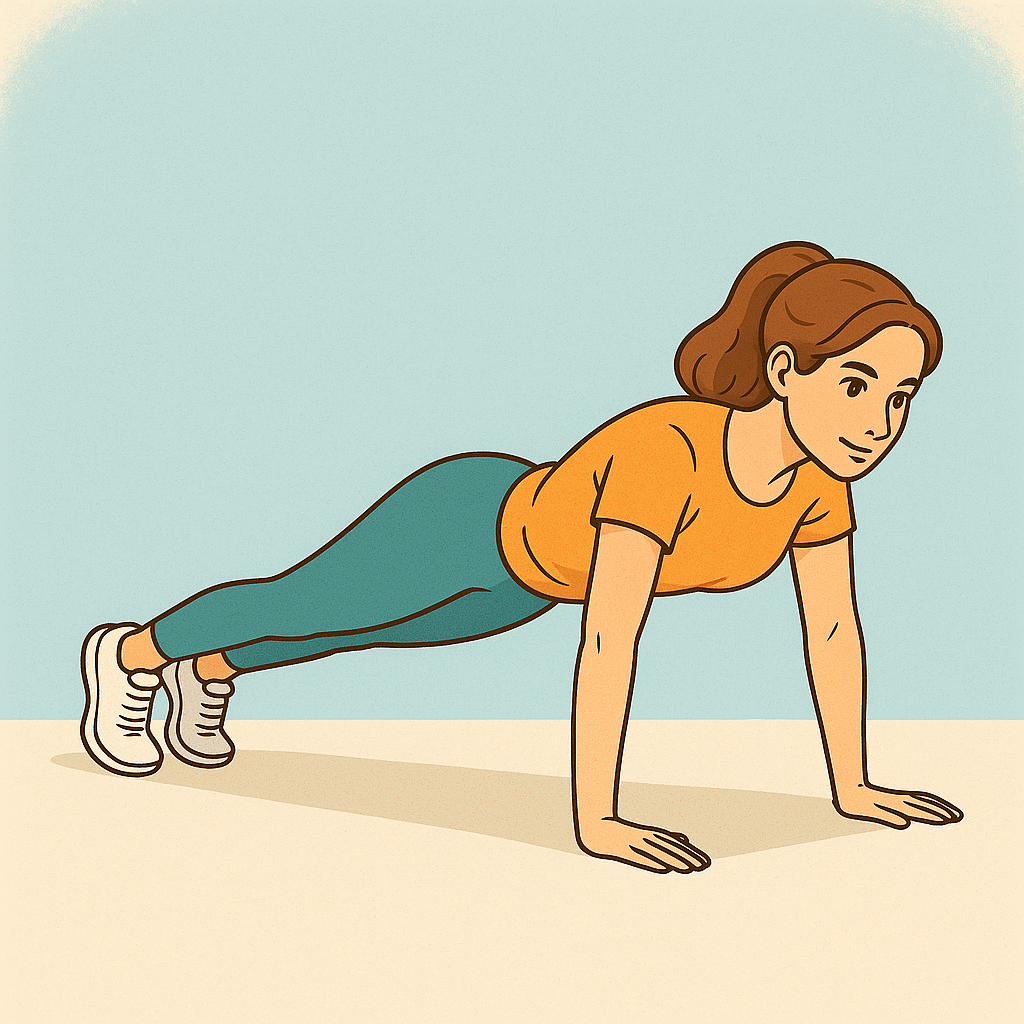


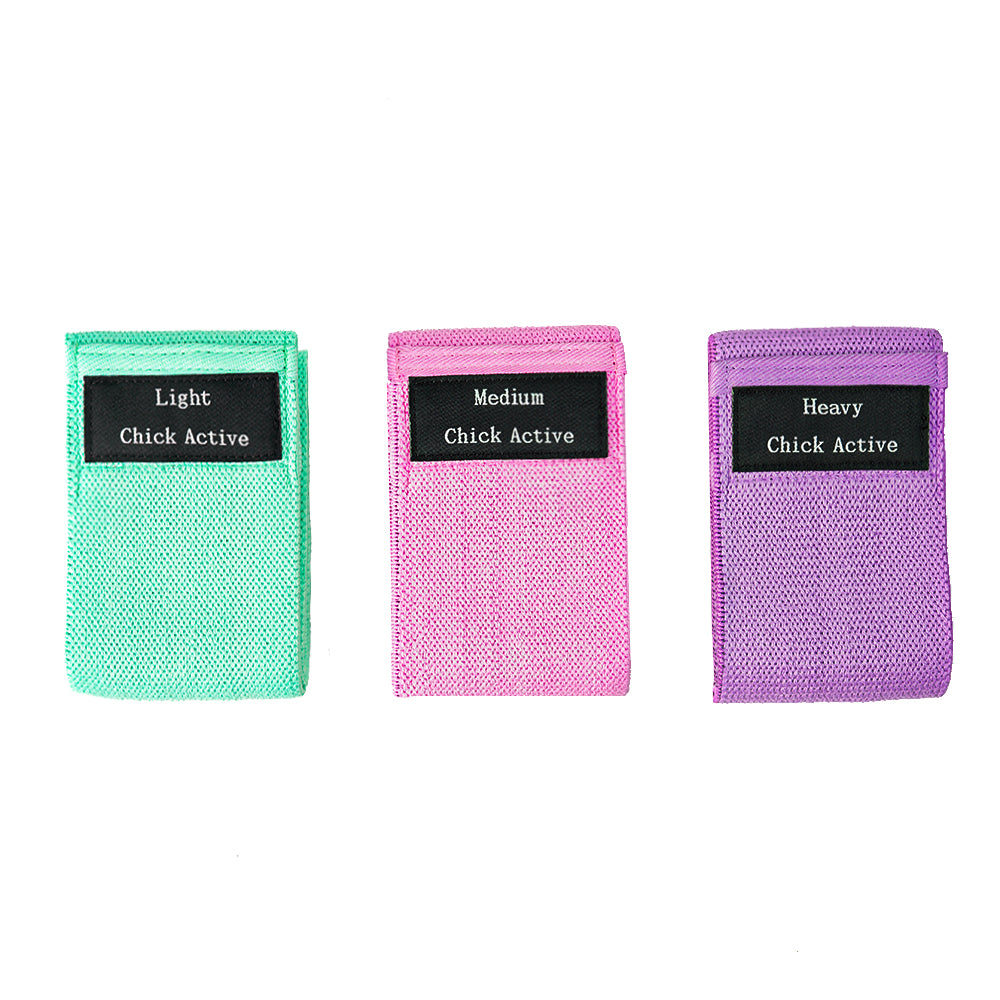
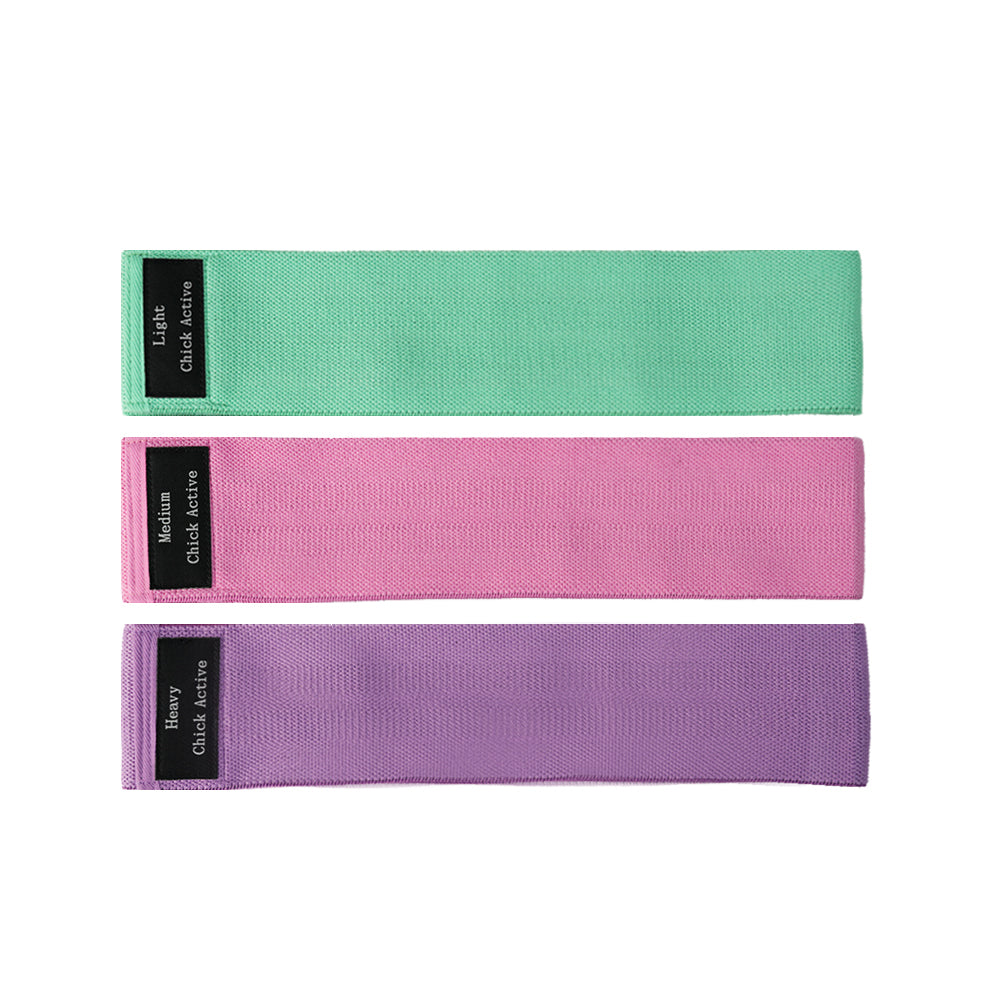
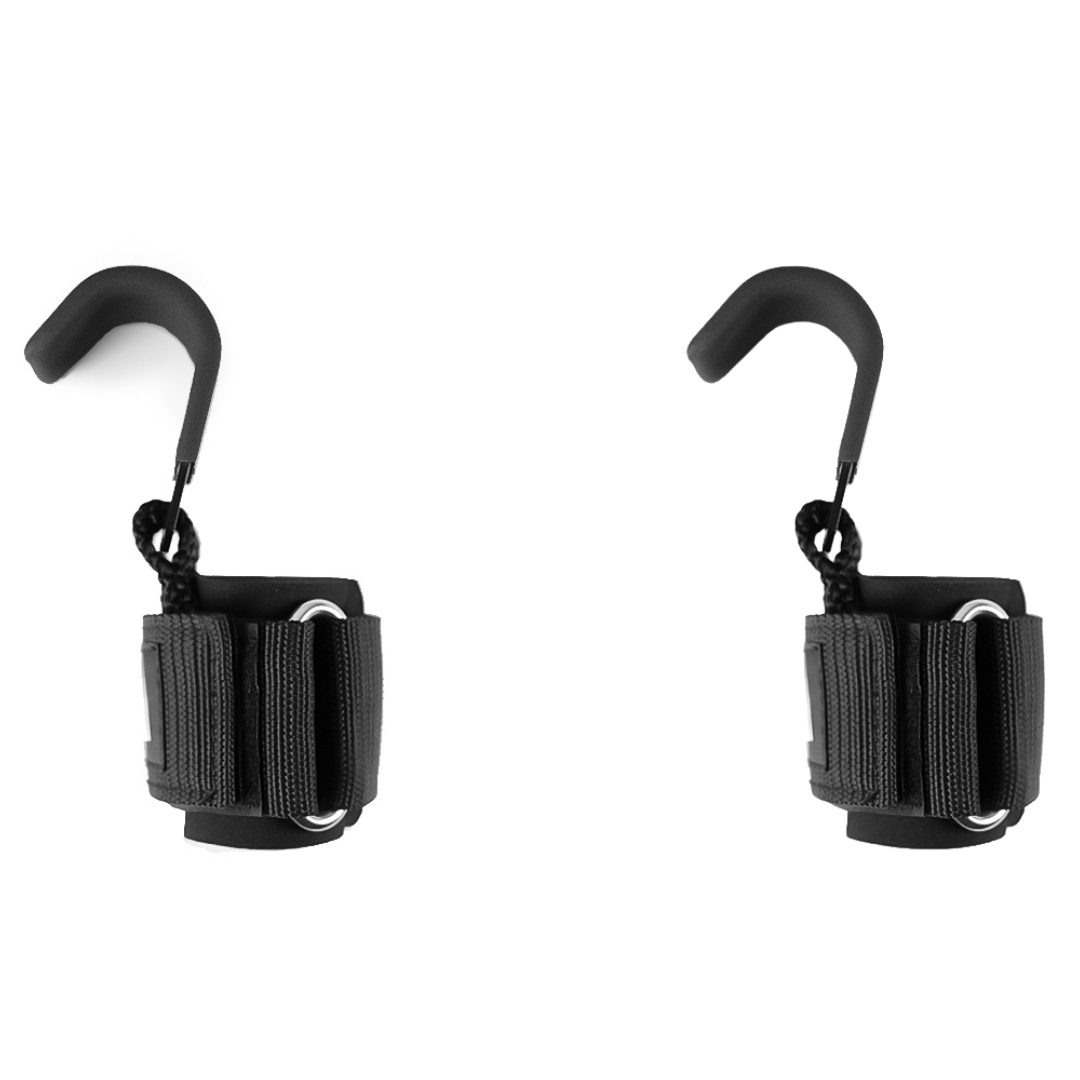


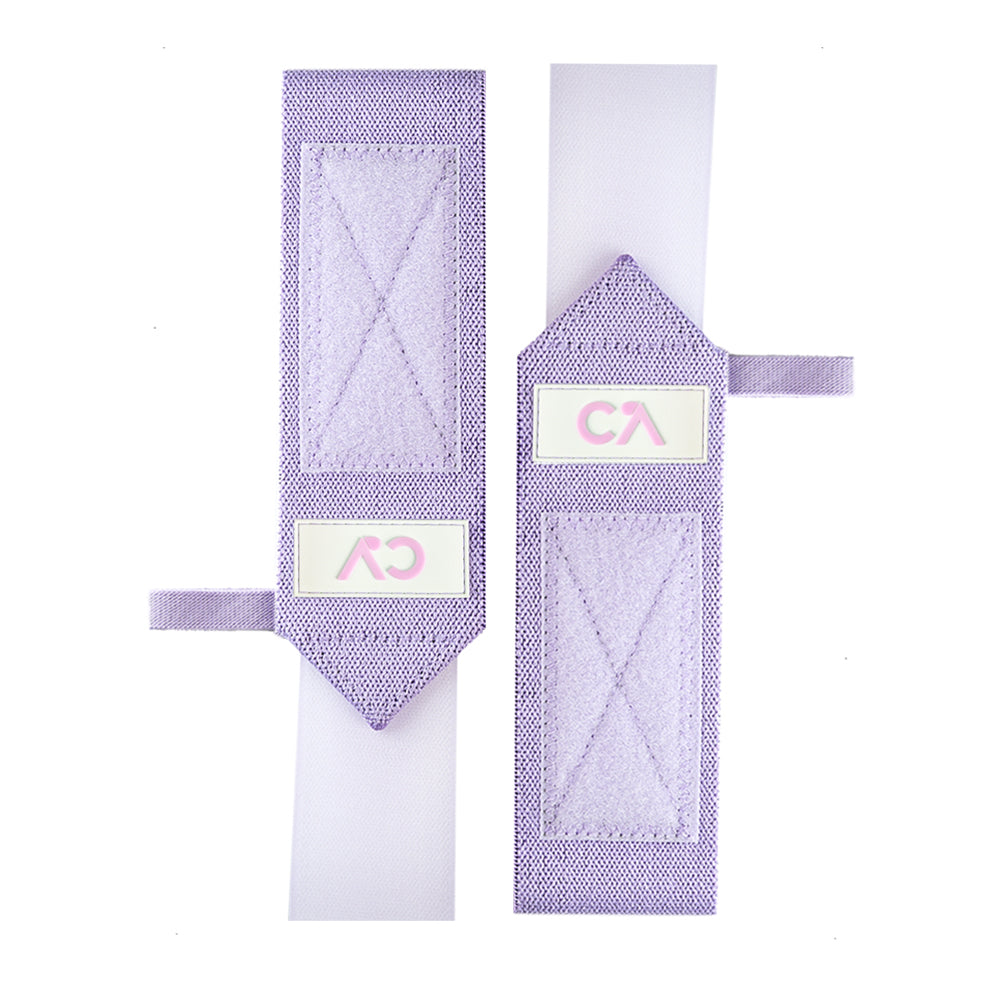
Leave a comment
All comments are moderated before being published.
This site is protected by hCaptcha and the hCaptcha Privacy Policy and Terms of Service apply.